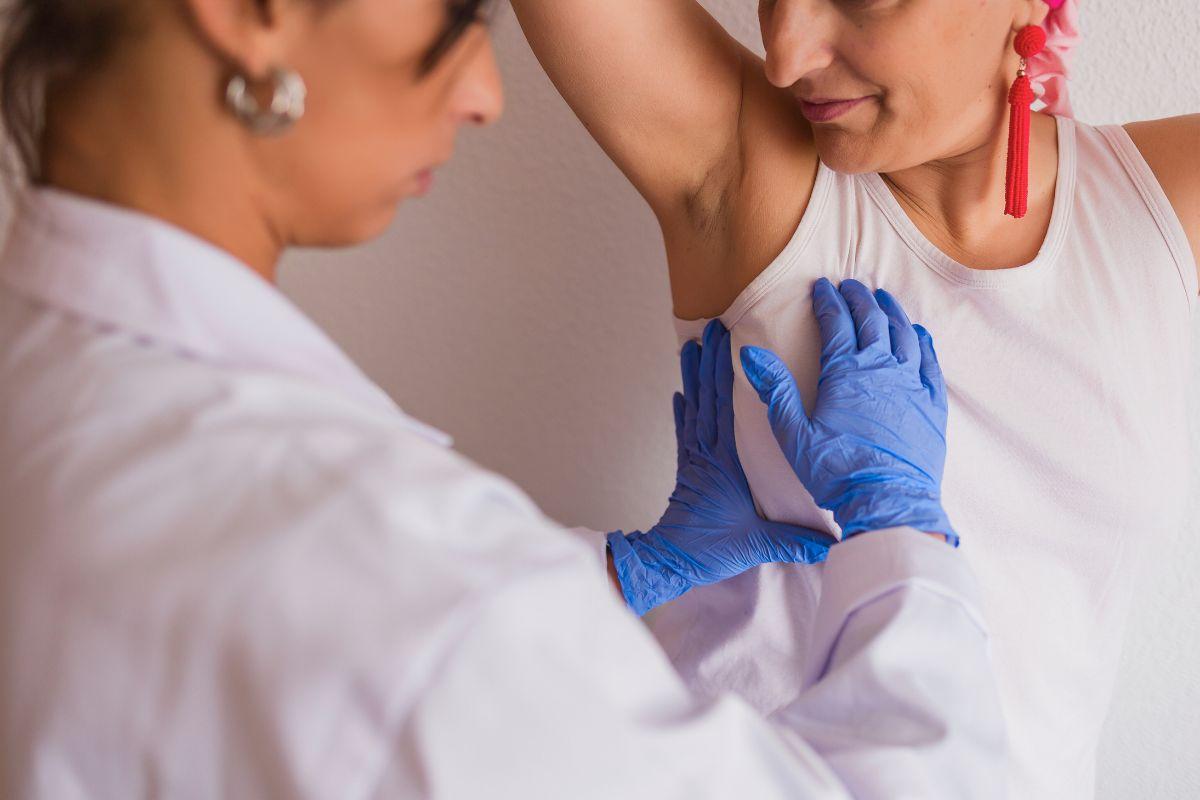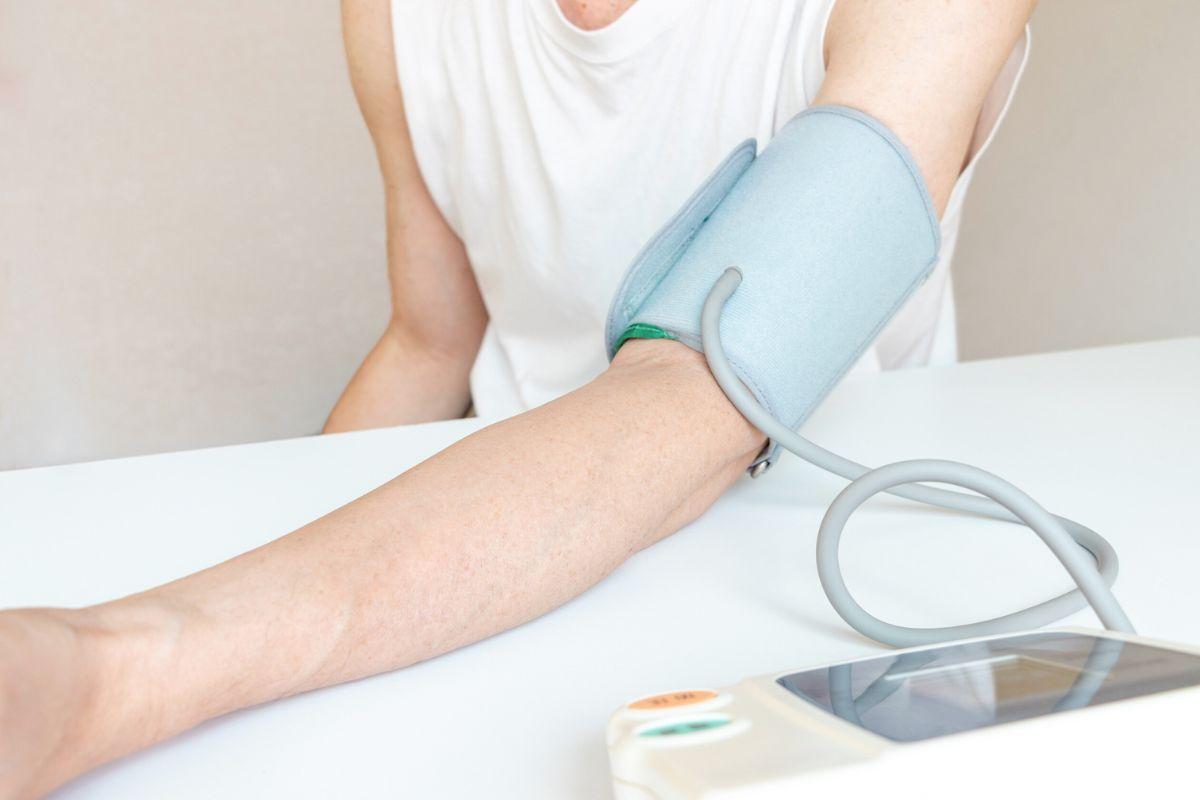Written by Dr Anjali Mahto for Doctify
If you search online for information about sunscreen safety you’ll soon find people questioning their safety. The ingredients usually implicated are retinyl palmitate, oxybenzone and nanoparticles. I know how important it is to have confidence in the safety of medicines and skin products so I’ve researched each of these ingredients to see whether there’s any scientific basis for these concerns.
Retinyl Palmitate
Retinyl palmitate is a vitamin A derivative found naturally in skin. Some studies have suggested that retinyl palmitate generates free radicals when exposed to ultraviolet (UV) radiation. Free radicals can promote inflammation and cancer development in the body. However, the study often quoted to support this was carried out in hairless mice (which already have a higher risk of skin cancer) and retinyl palmitate was only studied in isolation.
In real life terms, when sunscreen containing retinyl palmitate is applied, antioxidants present in the body (e.g. vitamin C) will neutralize any free radicals that are generated.Current dermatology advice is that there is no evidence that retinyl palmitate will cause skin cancer in humans. In fact, we use other vitamin A containing compounds (retinoids) to help prevent skin cancer.
Oxybenzone
Oxybenzone is a chemical filter found in sunscreens that is similar to oestrogen. There has been concern expressed that it may interfere with hormone levels in humans. This has mainly come from a study in rats, carried out nearly 15 years ago, where they were fed high levels of oxybenzone. There is a large difference between application of oxybenzone to human skin and oral consumption of oxybenzone in rats. Although oxybenzone can be absorbed by humans, it does not accumulate and is excreted.
There is no evidence to suggest that oxybenzone in sunscreens is dangerous to humans in the concentrations it is used.
Nanoparticles
Nanoparticles are small particles one billionth the size of a meter. Physical sunscreens such as titanium and zinc oxide can be turned into nanoparticles to be cosmetically more attractive rather than having a thick, white paste smeared on the skin. Some fear that nanoparticles can be absorbed into the skin causing damage.
In actual fact, studies show that nanoparticles are only absorbed by the top layer of dead skin cells and not by living tissue. Additionally, the particles themselves have a tendency to clump together so absorption rates are lower than expected. Nanoparticles should not be feared and are safe to use.
Ultraviolet radiation the proven danger
What we do know is that nearly 90% of skin cancers occur as a result of exposure to ultraviolet radiation, and sunscreen is one of the key methods of protecting your skin.
Unfounded claims regarding sunscreen safety may result in people avoiding their use and causing longterm damage to their skin. It is therefore important to dispel myths and promote healthy behaviour in the sun. There is no reason to avoid these products based on current evidence.
Is using fake tan safe or is it full of chemicals?
Using a fake tan product is considerably safer than lying in the sun or tanning booth, both of which work by exposing you to UV radiation that damages the skin and increases the risk of skin cancer.
Many fake tan products – which are applied as lotions, sprays or wipes – contain a substance called dihydroxyacetone (DHA) that directly darkens the skin. The evidence we have suggests that DHA is safe in the concentrations used in fake tan, but special care should be taken to avoid inhaling or ingesting it, or getting it in your eyes – especially when using sprays.
The use of fake tan provides only minimal protection in the sun, however, so broad spectrum sun cream should still be applied.




